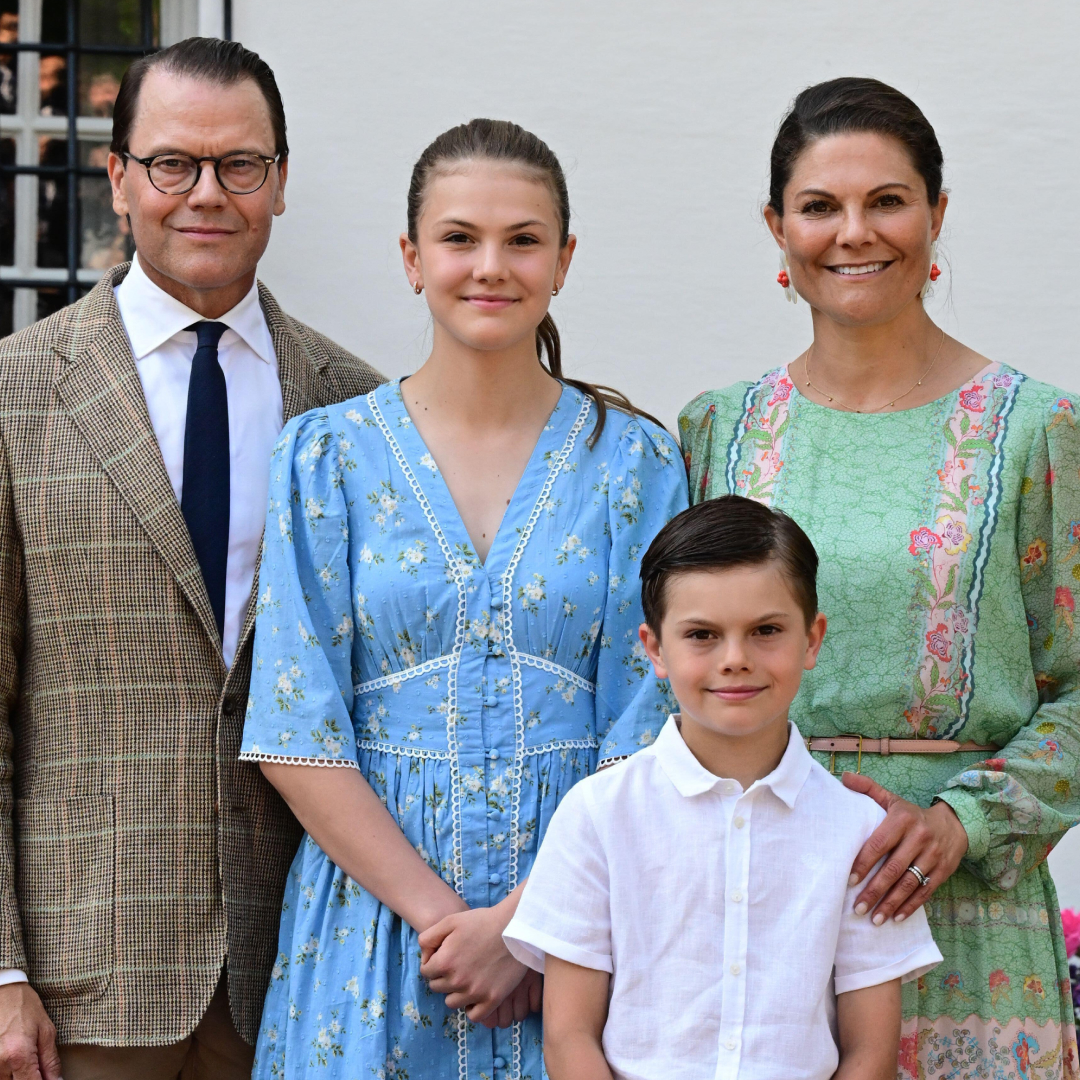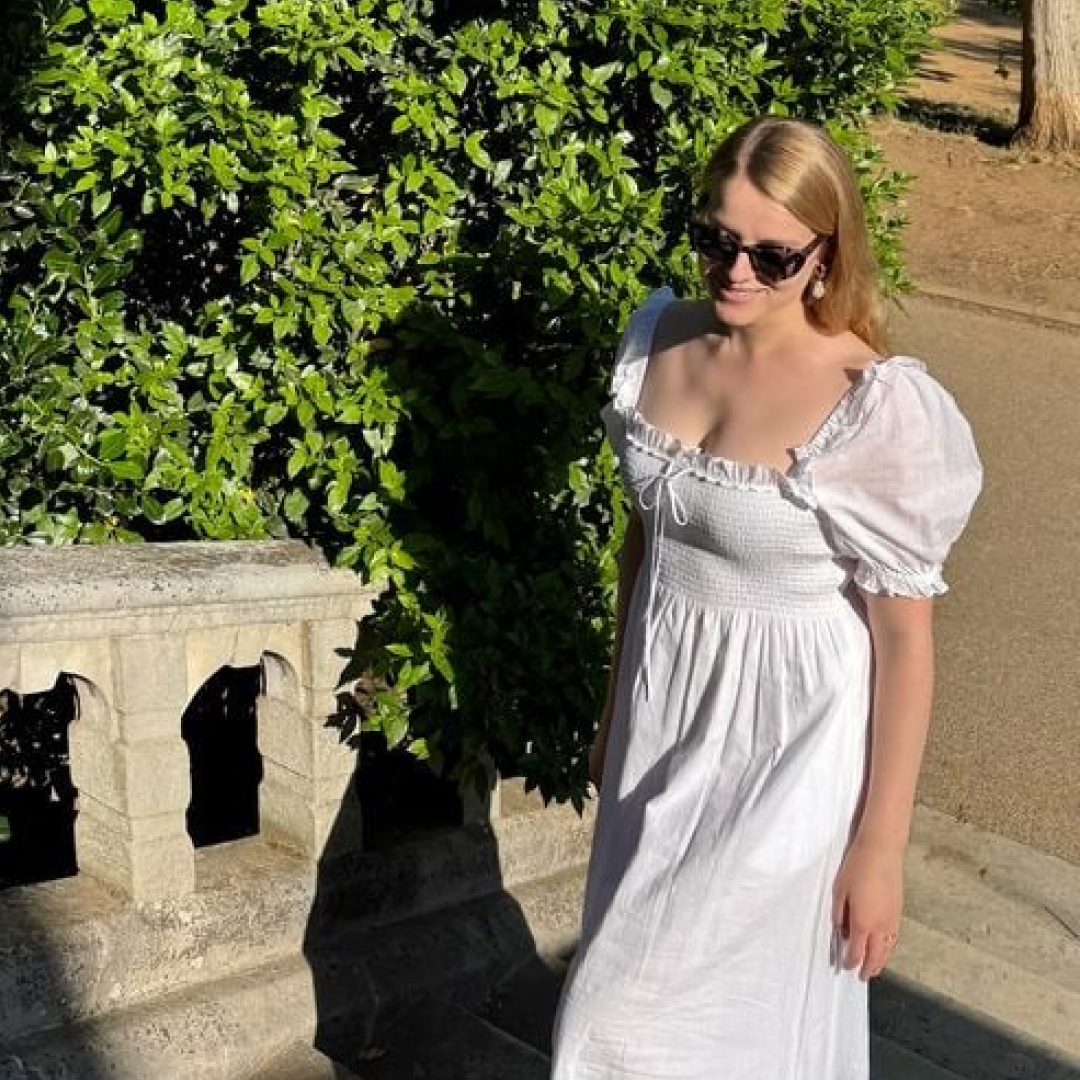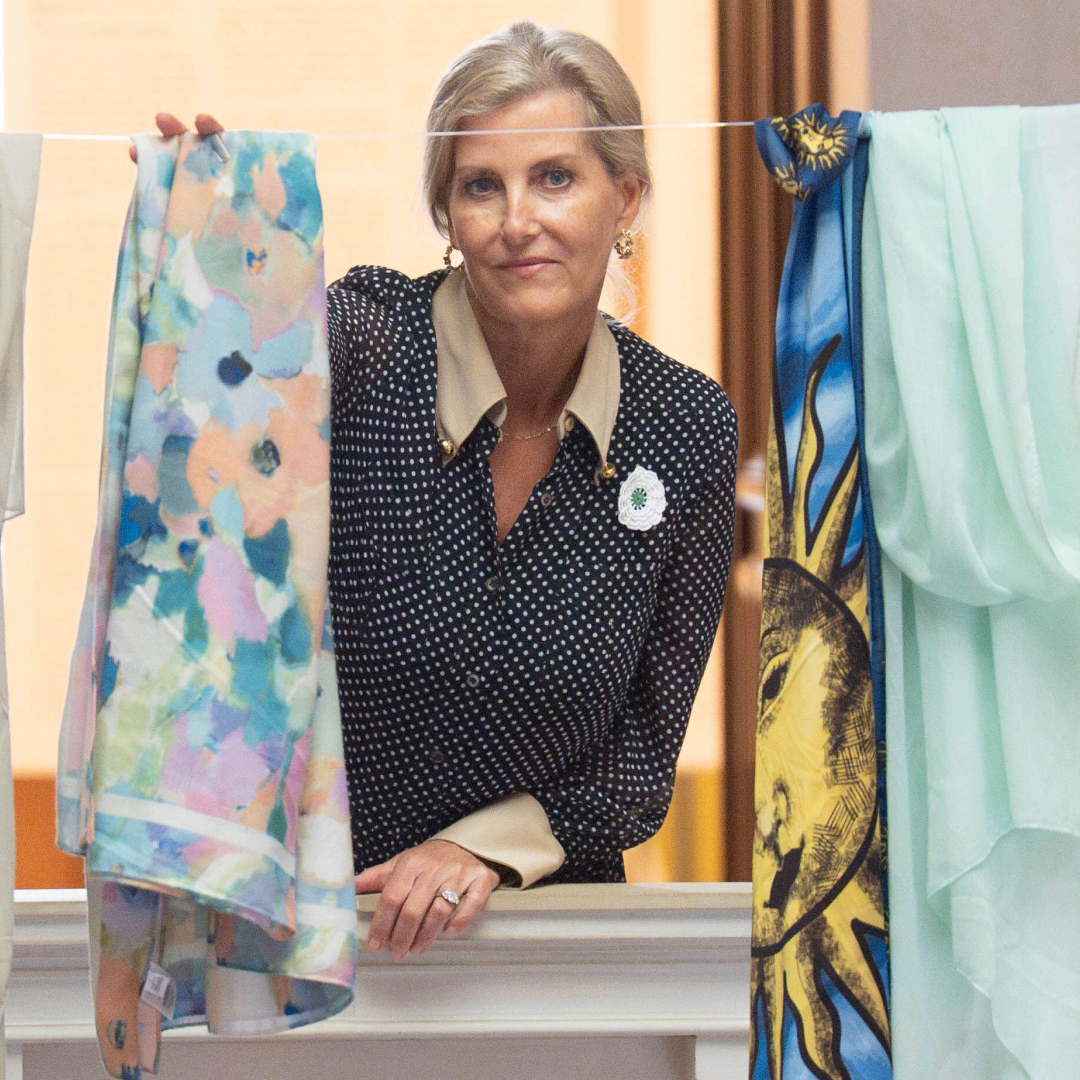Celebrity
All things celebrity, from royal family news and award show coverage to celebrity news updates.
Explore Celebrity
-

Princess Kate's New Ring Stack Is "A Master Class in Symbolic Storytelling"
Jewelry experts weigh in on the Princess of Wales's meaningful gems.
By Kristin Contino Published
-

Queen Camila Is the First Member of the Royal Family to Receive Unprecedented Honor
She was given the new role ahead of her 78th birthday.
By Kristin Contino Published
-

Queen Elizabeth's Grandkids Weren't "Off Limits" From Her "Amazing" Impersonations
If only someone had a recording.
By Kristin Contino Published
-

This 13-Year-Old Future Queen is Almost Taller Than Her Royal Parents in New Family Photos
Princess Estelle is all grown up.
By Kristin Contino Published
-

Princess Diana Was 20 Years Ahead of This Healthy Breakfast Trend
Former palace chef Darren McGrady revealed the secret behind Diana's favorite morning meal.
By Kristin Contino Published
-

Princess Diana's Former Butler Says She "Willingly Gave Up" Prince Harry and Prince William
Paul Burrell tells 'Marie Claire' that Diana "kind of lost" her kids as they got older.
By Kristin Contino Published
-

The Future Queen of the Netherlands Marks a Major Milestone With Three Generations Photo
Princess Catharina-Amalia is heading on a new journey.
By Kristin Contino Published
-

Princess Kate Will Be the "Icing on the Cake" of Donald Trump's State Visit, Per Royal Expert
The president and first lady are heading to Windsor Castle in September.
By Kristin Contino Published
-

Princess Diana Believed She Was a "Possible Target"
She reportedly felt like she was in "constant danger."
By Amy Mackelden Published
-

One Royal Didn't Believe Charles Would Be a "Good King"
The identity of Charles's doubter is heartbreaking.
By Amy Mackelden Published
-

Prince George Set to Inherit a Jaw-Dropping 8 "New Titles"
Everything will change for the young royal when Prince William becomes king.
By Amy Mackelden Published
-

Prince George Gave a Two-Word Assessment of His Tennis Skills While Meeting Wimbledon Champs
A humble (future) king.
By Kristin Contino Published
-

Queen Camilla Debuts the Cutest Photo of Her Puppy Moley
"Whilst Moley was keeping cool at home, she wishes she could have been reunited with some of her old friends!"
By Amy Mackelden Published
-

Grace Kelly's Granddaughter Wears a Modern Version of Her Famous Gown
Princess Stéphanie's daughter paid tribute to the grandmother she never knew.
By Kristin Contino Published
-

Why an 8-Year-Old Fan Told Kate Middleton Not to "Be Nervous"
"I've got to do the prize-giving."
By Amy Mackelden Published
-

William "Absent" From Charles and Harry's "Peace Summit"
"William reading about the meeting in Sunday's papers will not go down well."
By Amy Mackelden Published
-

Princess Charlotte Is Following in Grandma Princess Diana's Fashion Footsteps With One Wimbledon Accessory
The 10-year-old is upping her fashion game.
By Kristin Contino Published
-

Princess Charlotte Had Some Hilarious Wimbledon Reactions
Prince Louis skipped the tennis tournament, which allowed his sister to steal the show.
By Amy Mackelden Published
-

Royal Fans Are Thirsting Over Prince William's White Pants
From fainting GIFs to "drool" comments, it's beard-gate all over again.
By Amy Mackelden Published
-

Kate Middleton Styles Dress With an Editor-Approved Hat
No-one does Wimbledon quite like the Princess of Wales.
By Amy Mackelden Published
-

How Royal Family's "Private Locations" Were "Exposed"
An investigation revealed that private addresses were even revealed.
By Amy Mackelden Published
-

Jennifer Aniston Is "Really Into" Her New Hypnotist Boyfriend
"It's very Zen, and she has always been very much into that."
By Amy Mackelden Published
-

Kate Middleton Wears a Self-Portrait Dress at Wimbledon
A pair of royally-approved heels completed the outfit.
By Amy Mackelden Published
-

Queen Elizabeth's Cousin Has a Hill House Moment
Nap dresses for everyone.
By Kristin Contino Published
-

Princess Diana Relied on a Much Older "Mother Confessor" For Comfort and Support
"They used to laugh a lot, see each other all the time, more than anyone else I could mention."
By Kristin Contino Published
-

Why Duchess Sophie Left her Scarf at Heartbreaking Memorial in Bosnia and Herzegovina
The Duchess of Edinburgh marked the 30th anniversary of the Srebrenica Genocide.
By Kristin Contino Published



